As I write this, well over 100,000 American workers have or have pledged to strike this month within industries that range from tractor manufacturing and coal mining to healthcare and television production work. Four million American workers have been quitting their jobs every single month since the spring of 2021, and few have been returning to work in the same capacity.
And there is strong anecdotal evidence supporting the idea of a nationwide labor shortage, with stores all over the country closing early, offering retention bonuses and raising wages to just barely employ a skeleton crew of workers and keep their doors open.
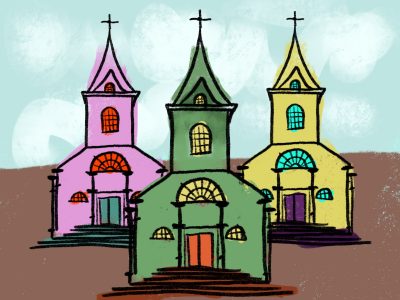
The surplus of job openings compared to the lack of people seeking jobs, especially since inflation is slowly creeping into the American market, is baffling to economists. After the pandemic, it was expected that millions of jobs would fill up immediately as citizens tried to recover from the financial toll of COVID-19.
But as stated above, the exact opposite has been occurring — millions of Americans are either brazenly striking or simply quitting their jobs in disgust. After over a year of suffering, loss and hardship with little reprieve or empathy from their employers, American workers have had enough.
A key tenet of Catholic Social Teaching is: “The economy must serve people, not the other way around.” Catholic Social Teaching is a comprehensive doctrine that revolves around the rights and dignity of global citizens. As a Catholic, but also as a person, I couldn’t agree more. Humans were not made to exist in a hierarchy, nor were we made to mindlessly serve a system that allows countless people to fall by the wayside and suffer for the sake of money.
We have all heard the stories of billionaires gallivanting around space as we simultaneously walk past our neighbors huddled in ragged blankets on the sidewalk, begging for food and shelter, begging to be seen. We have all heard of people who were dedicated employees for decades — who gave up their life and wellbeing for their employers — being fired or being denied paid leave as their loved ones died during this pandemic. We have all seen the way so-called “essential workers” were treated as disposable pawns as a literal plague raged on, how they received barely livable wages while the rich got even richer.
COVID-19 exposed many of the cracks in the facade of capitalism, stoking a fire in the hearts of workers and turning their attention to the corporations that have made billions off of their backs. And religion has also had a hand in this, as during the pandemic many people found refuge and resolve within their faith, a faith that reminds them of their intrinsic value and that they are worth infinitely more than money.
The link between poverty and religion is historic. Throughout the world, those in global lower-income class communities generally hold on to religion with far more devotion and hope than those in global upper-income class communities. Marx said religion was “opium” so that the poor could avoid thinking about their suffering, but I disagree. I believe instead that religion is a powerful catalyst and bonding force for the poor to gain self-determination and righteous anger, as well as a guide to help them assert their dignity and worth to those in the upper echelons of society.
In an encyclical, Pope Benedict XVI stated, “The primary capital to be safeguarded and valued is man, the human person in his or her integrity.” That is why we must try and abstain from using corporations with unethical labor practices and why it is important to refrain from buying products created or distributed by companies that are currently on strike.
It is also why we should not disparage or lament the supply chain issues or labor shortages that are currently occurring in the United States, as they are effects of a historic demand for rights and respect by those upon whom society is built.
Our neighbors are worth more than any service or product. Our annoyance with a delayed package or dismay at the perceived “laziness” of our countrymen is misguided.
The real truth behind the labor shortage and unofficial general strike happening in America is a story of hope, grit and the intrinsic belief that workers deserve rights and dignity and that a single employee, simply because they are a person, is more valuable than any profit imaginable.
















































































































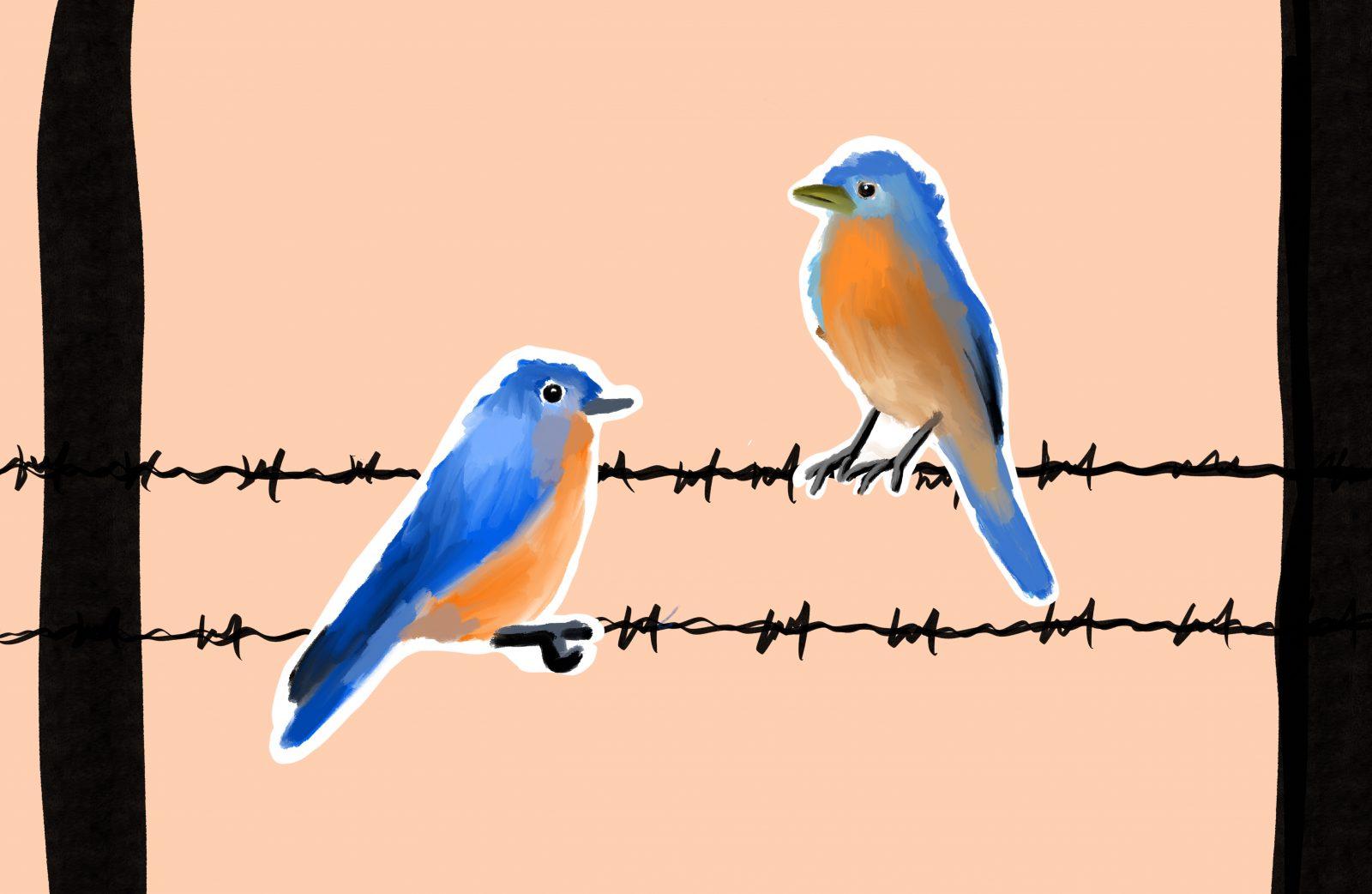
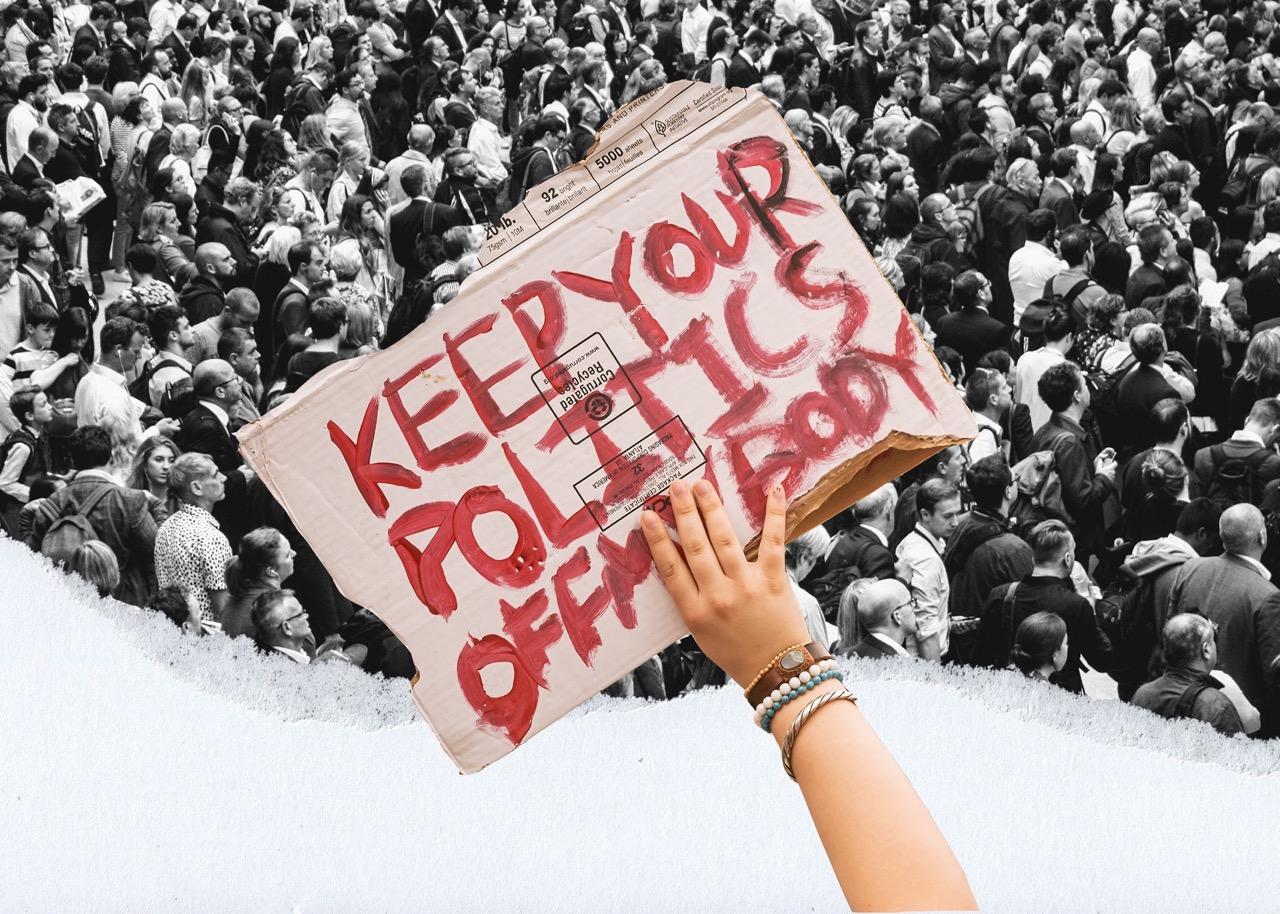
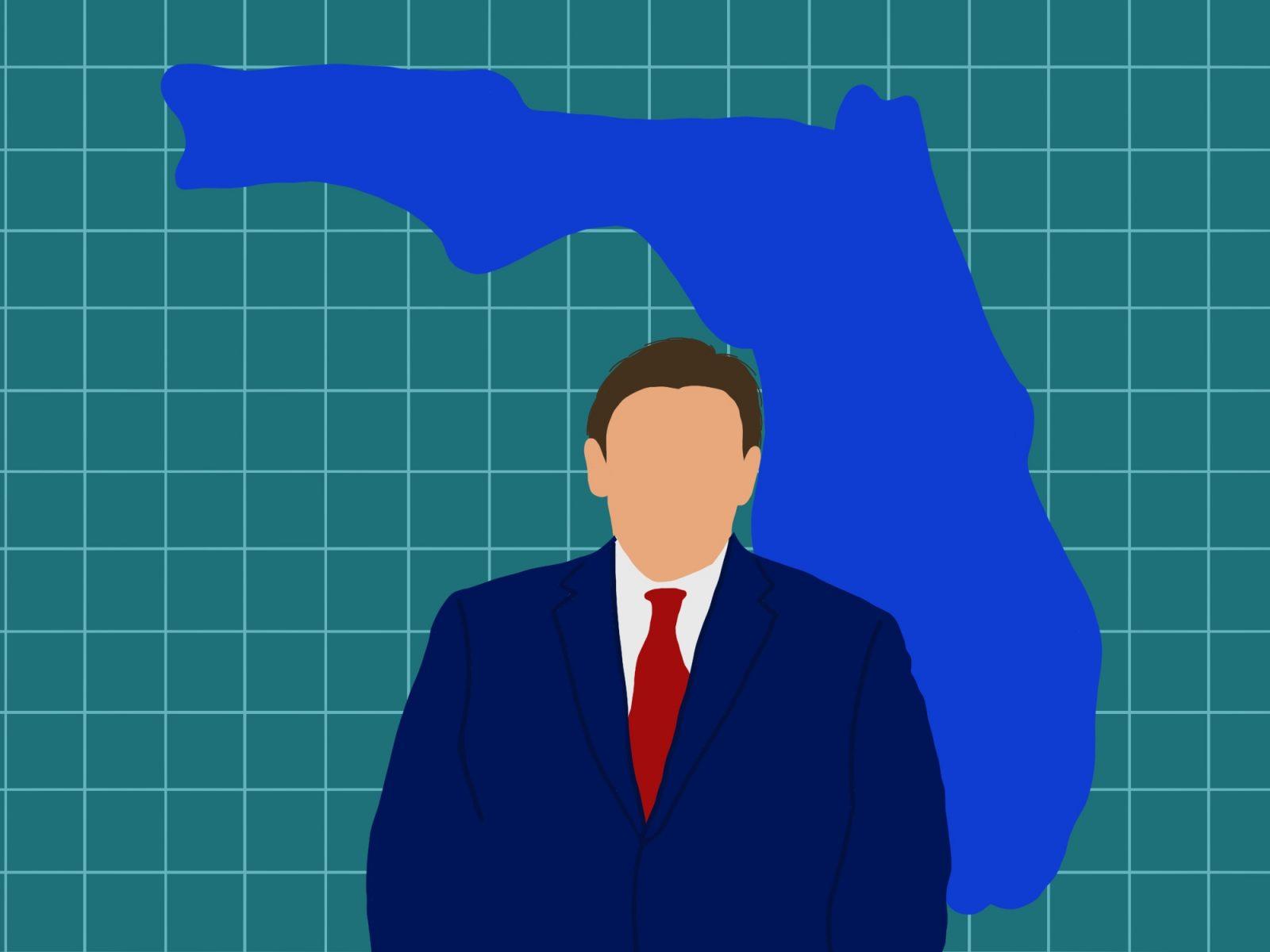
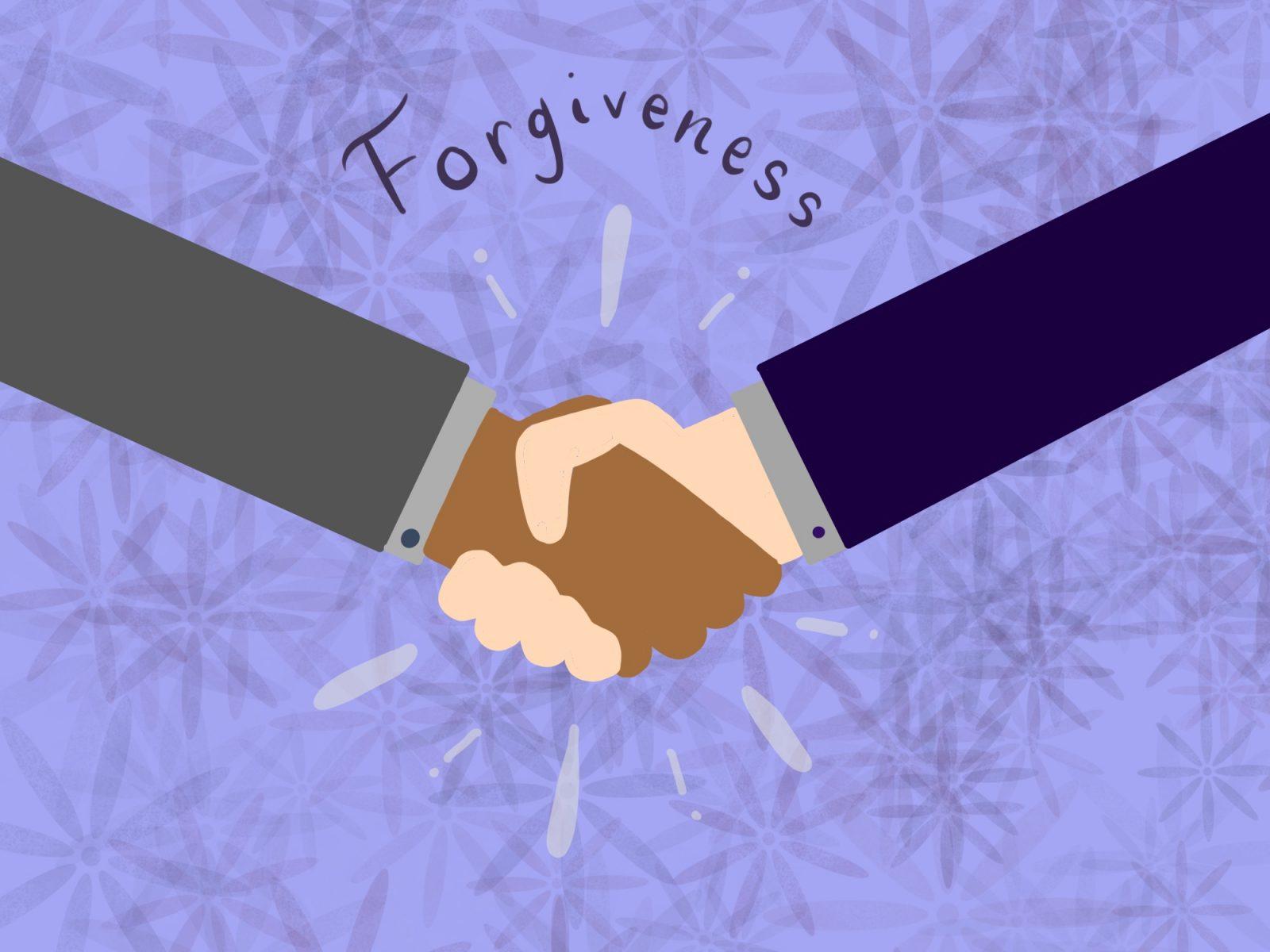
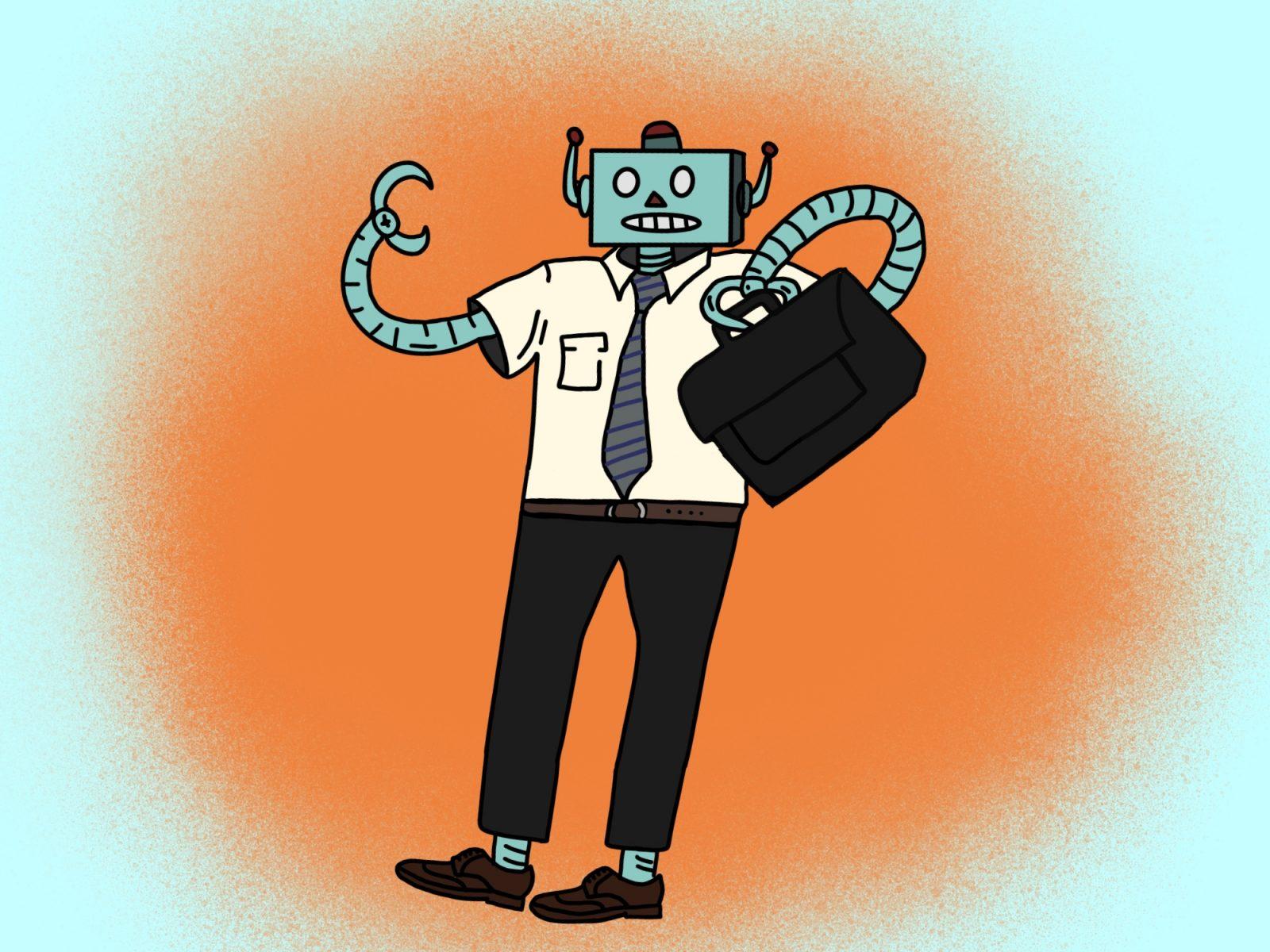




John Smith • Oct 29, 2021 at 2:33 pm
We must come together and change the society in which we live. Religion, or at least a common belief in something, can help vulnerable victims come together and resist the constant repression capitalism creates. Ms. McCord, well done!